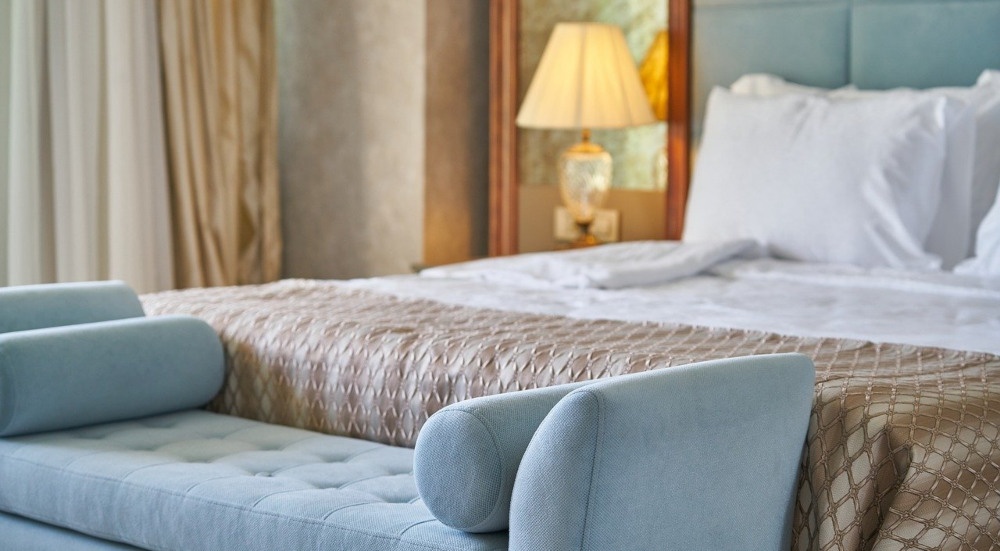
The hospitality industry has taken a huge hit during the pandemic. The second quarter of 2020, the most recent quarter for which we have data, shows hotel and motel spending in the state down 81 percent from the second quarter of 2019. Employment in the sector in May was down 48 percent year over year, and remains down nearly 40 percent.
So, how about the short-term rentals like Airbnb and VRBO? They might be considered a less risky alternative to large hotels, and lower overhead would allow them to hang in through the rough times.
The short term rental marketing firm AirDNA scrapes websites and provides information about the short term rental business (about 90 percent of which consists of Airbnb listings). The firm provides open access to data on the number of active listings in various markets by quarter. Figures 1 shows the number of listings in the most popular markets in Seattle and the total for the area between Shoreline and Des Moines (West side), for the fourth quarters of 2017-2020.

All markets show a big drop between the fourth quarter of 2019 and the fourth quarter of 2020. What is more surprising is that three of the five market areas actually peaked in 2018, and had lost units between 2018 and 2019. The total number of units from Shoreline to Des Moines on the west side of Lake Washington barely grew from 2018 to 2019. The Capitol Hill and Ballard markets fell quite a bit from 2018 to 2019.
The City of Seattle began to require a short-term rental license at the beginning of 2019, and this may account for some of the drop-off. The license is only $75, but it does allow the city to better enforce codes that some units may not have been meeting.
Figure 2 shows the units on the Eastside for the same time periods.

There are, of course, many fewer units on the Eastside, but the unit count continued to grow into 2019. And the drop-off was not as severe in 2020, with the Redmond market itself almost flat.
Looking Ahead
As of January, hotel occupancy nationally was below 40 percent, 28 percent below the same period in 2020. Average rates per room were down 27 percent year over year. The hospitality industry will be slow to recover, and the short term rental business will be similarly challenged.
While the original idea of Airbnb was to generate some extra income from a spare room or from a home vacant during vacation, a large share of listings in urban areas are now dedicated rentals. It is not clear what happens to units taken off the market and whether they will return once conditions improve.
